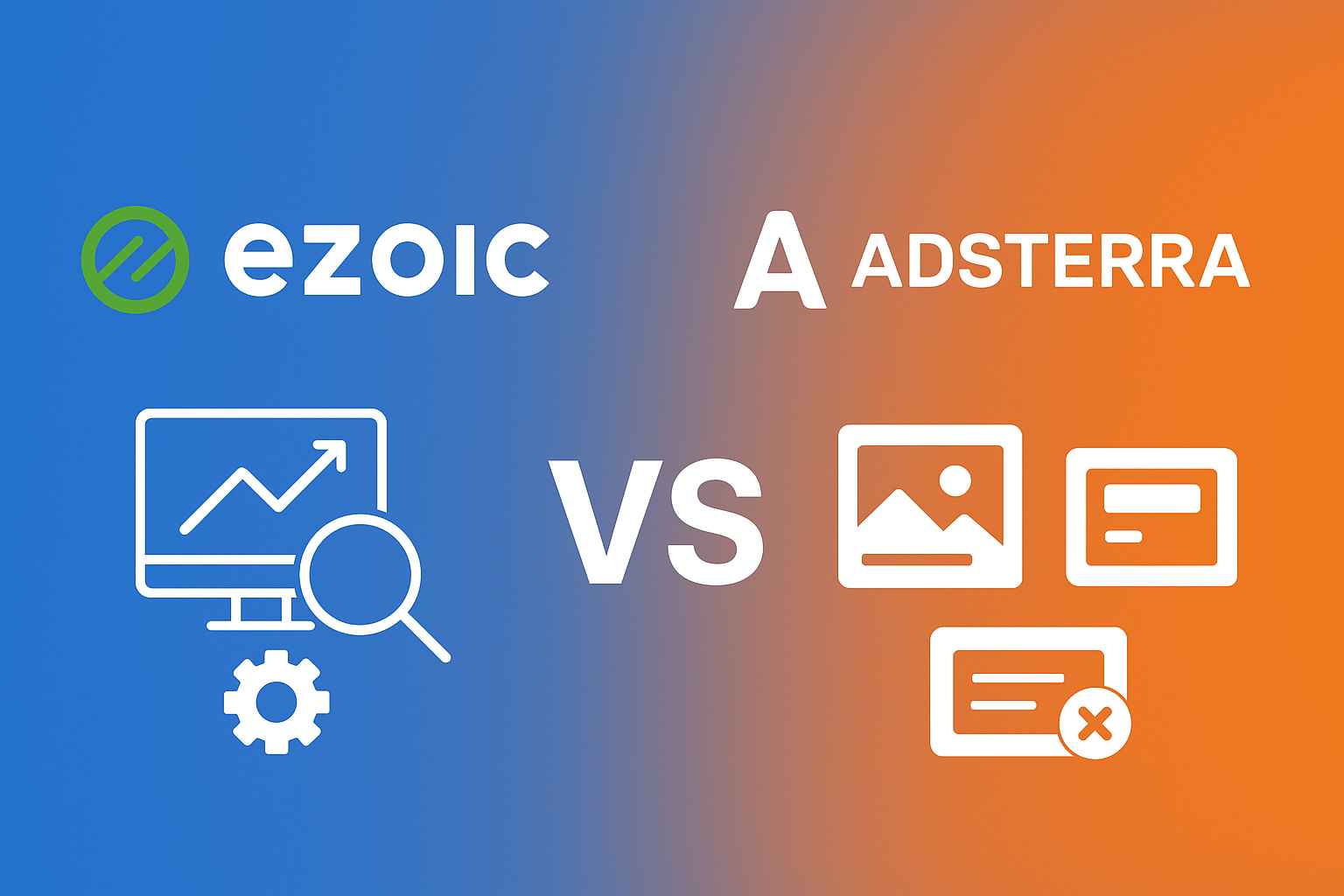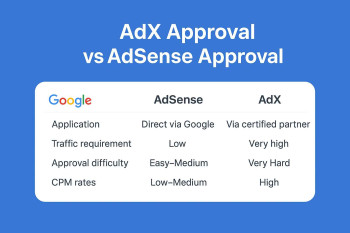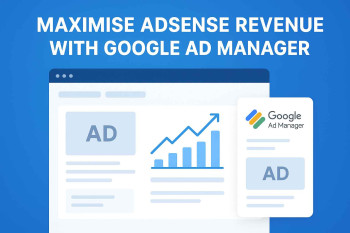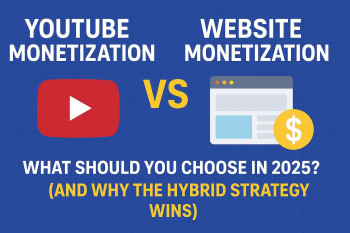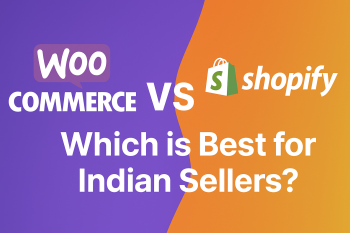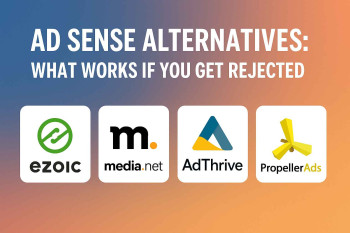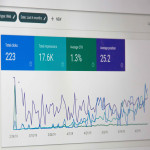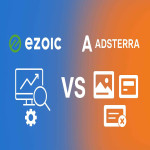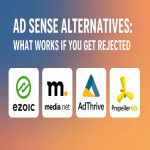Ezoic vs Adsterra: Which Ad Network is Better for Publishers in 2025?
Choosing the right ad network is one of the most important steps for bloggers and website owners who want to monetise their content. With so many platforms available, it can feel overwhelming to decide which one is the best fit for your goals.
Two popular choices are Ezoic and Adsterra. Both networks provide opportunities for publishers to earn revenue, but they work differently and cater to slightly different needs. In this article, we’ll compare their features, benefits, and drawbacks to help you make an informed decision.
🔹 What is Ezoic?
Ezoic is a Google-certified publishing partner that uses artificial intelligence to optimise ad placements. It helps publishers increase ad revenue while also improving user experience.
Key Features of Ezoic:
-
AI-powered ad testing for better revenue optimisation
-
Access to premium ad partners (including Google Ad Exchange)
-
Site speed and Core Web Vitals optimisation tools
-
Analytics dashboard with detailed reporting
-
Minimum traffic requirement: around 10,000 monthly visits (Flex program available for smaller sites)
Pros:
-
Higher RPM (revenue per thousand impressions) for most niches
-
Focus on improving user experience with layout testing
-
Strong support and educational resources
Cons:
-
Requires approval and a learning curve
-
Works best for content-focused websites with organic traffic
🔹 What is Adsterra?
Adsterra is a global advertising network that offers a wide range of ad formats. It’s popular among both new and experienced publishers because of its flexibility and relatively low entry barriers.
Key Features of Adsterra:
-
Multiple ad formats: display banners, popunders, native ads, push notifications
-
Easy sign-up with no strict traffic requirements
-
Real-time stats and reporting
-
Global coverage with advertisers across many industries
-
Payment options: PayPal, WebMoney, Bitcoin, Wire Transfer, and more
Pros:
-
Quick approval process
-
Flexible monetisation options (good for different traffic types)
-
Works with smaller websites and various niches
Cons:
-
Popunder ads can affect user experience if not managed properly
-
RPM may be lower compared to premium networks like Ezoic
🔹 Ezoic vs Adsterra: Key Differences
| Feature | Ezoic | Adsterra |
|---|---|---|
| Approval | Needs site review & requirements | Easy, quick sign-up |
| Best for | Content-heavy sites with organic traffic | Sites with varied traffic sources |
| Revenue Potential | Generally higher (premium advertisers) | Moderate (depends on ad format) |
| Ad Formats | Mostly display & native ads | Wide variety (display, pop, push, etc.) |
| User Experience | Focus on optimization & testing | Depends on chosen ad formats |
| Payments | Net 30 (PayPal, Wire, etc.) | Flexible (PayPal, Crypto, more) |
🔹 Which One Should You Choose?
-
Choose Ezoic if you have a growing blog or content website with steady organic traffic. It’s designed for long-term growth, better ad optimisation, and higher earnings from premium advertisers.
-
Choose Adsterra if you’re just starting out or if your site doesn’t yet meet premium ad network requirements. It’s flexible, easy to set up, and offers a variety of monetisation options.
✅ Final Thoughts
Both Ezoic and Adsterra are legitimate ad networks, but they serve different purposes. Ezoic is ideal for publishers who want to scale and optimise revenue over time, while Adsterra works well for those who need quick approval and diverse ad formats.
The best choice depends on your traffic type, niche, and long-term goals. If possible, start with Adsterra to monetise a new site and move to Ezoic once your traffic grows and you’re ready for premium ad partners.
